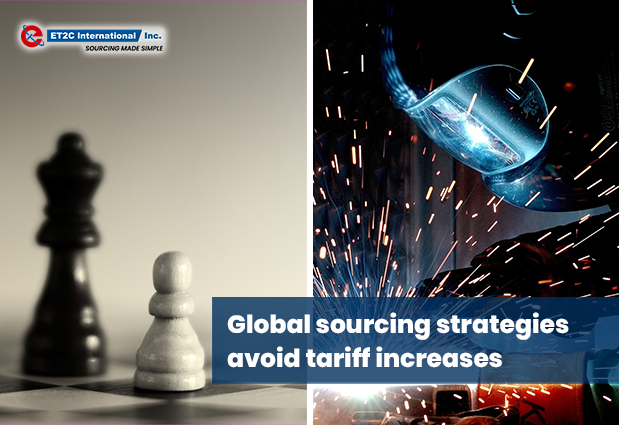Vietnam’s economy continues to perform well throughout the first half of 2014 as multiple indicators signal a robust and growing nation. Not at all deterred by an overblown international incident with China over a sea border dispute, the country continues its solid record in economic development.
While Vietnamese rubber and food exports to China decreased slightly in May and June, exports to other trading partners significantly increased. Trades with Australia and Oceania were especially strong and showed a 31% increase over last year, while all other regions displayed double digit growth rates.
This significant growth rate can largely be attributed to currency manipulation by the Vietnamese. The Vietnam Dong was devalued for the first time in a year, leading a GDP rise of 5.25 in Q2 compared to a year earlier. The government continues to bolster their economy in an attempt to expand their economy to 5.8 percent growth rate for this year. Currently Vietnam’s trade surplus stands at $1.3 billion and local stocks are said to be at their best since 2009.
Naturally, foreign brands are seeking to join in on Vietnam’s economic prosperity. Although the streets of Hanoi are already lined with a seemingly endless amount of cafes, Starbucks feels optimistic about adding three more coffee shops to as part of their Vietnam expansion. The coffee chain already has eight stores in Ho Chi Minh City and feels that their focus on “meaningful service with passion and care” will help them stand out in Vietnam. Apple also views Vietnam as a new country full of potential, with reports that some Vietnamese are willing to spend more than two months’ salary on an iPhone or iPad in order to acquire recognition and increased status that comes with owning this expensive product.
The growing Vietnamese economy will certainly continue to make the country a stable choice as a trading option. Furthermore, these promising signs of economic improvement precede a growing a commitment to infrastructure improvement and overall ease of business within Vietnam.
Moreover, with this news we can note that severe geo-political situations, such as the one last month with China which resulted in riots and looted factories, can only cause minor problems in the health of the manufacturing sector. John Pallis, the director of the ET2C Vietnam office noted that currently all factory operations are back to normal and stated that the rioting caused minimal disruption to local supply chains. With this, it seems that these quarrels with neighboring countries will not disrupt the economic prosperity of the region, allowing Vietnam to reinforce its strength as a manufacturing nation.












